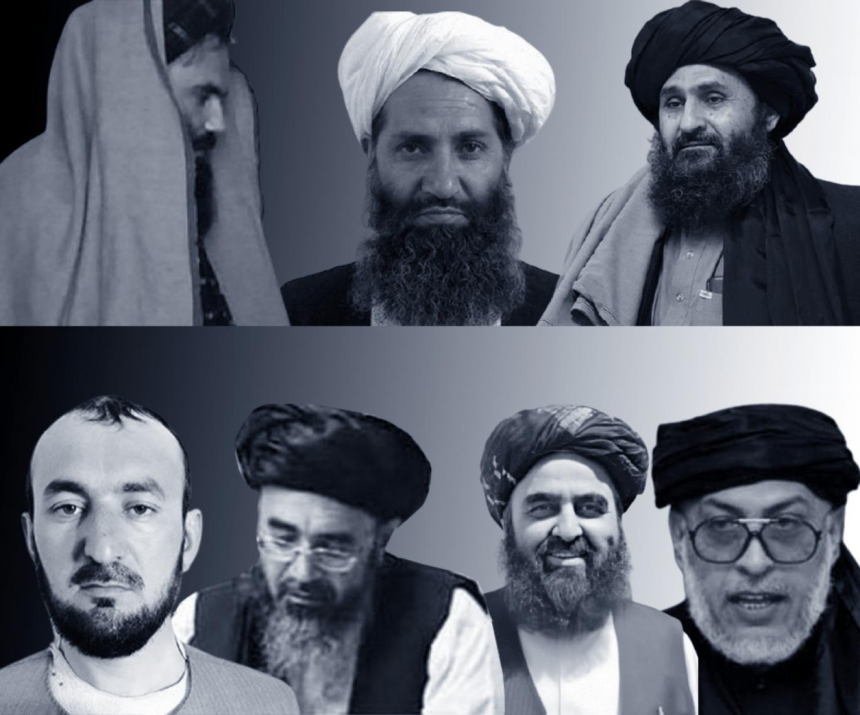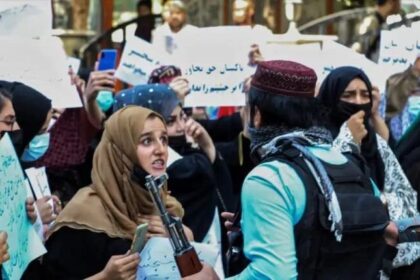RASC News Agency: Mullah Hibatullah Akhundzada, the supreme leader of the Taliban, is notoriously intolerant of any dissent against his regime. Any form of defiance regardless of its source invokes his wrath. Even the mildest criticism of the so-called Islamic Emirate is deemed an act of rebellion, punishable by detention, torture, imprisonment, or even execution. Over the past three years, hundreds of Afghanistani citizens have been imprisoned simply for expressing opposition to Taliban rule. Even within the ranks of the Taliban, those who have challenged Hibatullah’s authority or expressed differing views have been arrested, tortured, or stripped of their positions.
Recently, his crackdown on both the Afghanistani public and internal dissenters has intensified. Anyone who dares to speak out against his rule is swiftly detained and subjected to brutal punishment. Even Taliban members are not immune from his repressive measures, as many have faced interrogation and persecution. Despite mounting public discontent with the Taliban’s governance, Hibatullah remains rigid in his stance, refusing to acknowledge the regime’s failures or implement any reforms. Rather than addressing the grievances of his people, he suppresses critics and doubles down on his draconian policies.
Under his leadership, rival factions within the Taliban have been systematically marginalized. He has consolidated power by positioning loyalists in key government and military roles, making internal criticism nearly impossible. He has also sidelined influential Taliban figures, including Sirajuddin Haqqani, replacing them with his trusted confidants to tighten his grip on the group’s leadership. However, critics argue that Hibatullah’s inability to recognize the structural flaws of his rule, combined with his refusal to listen to reason, is accelerating the regime’s internal collapse. He governs through coercion, issuing decrees that demand blind obedience rather than consensus.
Some analysts predict that his regime is on the brink of implosion, not because of external opposition, but due to fractures within the Taliban itself. They argue that Hibatullah has alienated not only Afghanistani society but also key factions within his own movement. Throughout his rule, he has imposed a series of irrational and repressive policies that have strangled Afghanistani society, forcing its people into submission under an increasingly authoritarian rule.






